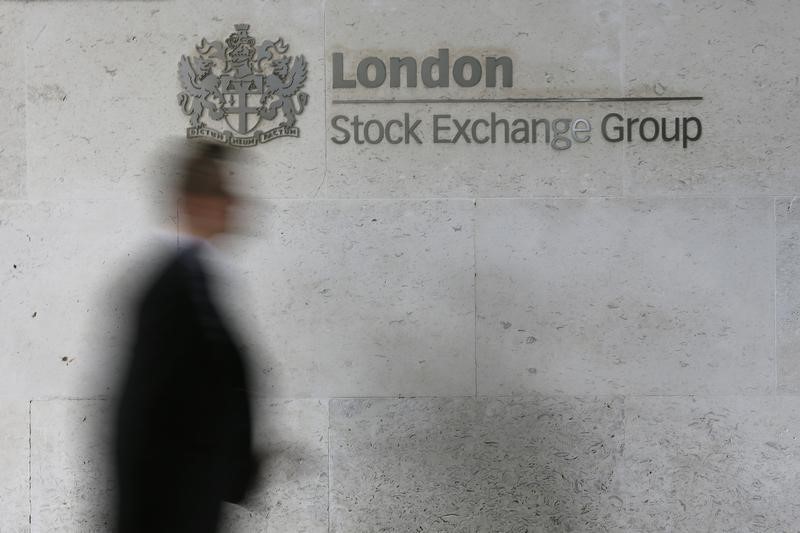By Sujata Rao
LONDON (Reuters) - World stocks eased off five-month highs on Friday and the euro fell before a European finance ministers' meeting that could potentially cut Greece adrift and set it on the path to exiting the euro zone.
European equity markets opened a touch higher however, focusing on continued signs of economic improvement across the euro bloc, as data showed robust private sector growth in France and Germany.
European stocks hit seven-year highs and euro zone bond yields fell on Thursday when it seemed international lenders would approve Athens' proposal for an extension to its loan agreement. But Germany, the euro zone's main paymaster, has rejected the plan.
Greece needs financial support to keep the country afloat beyond late March.
The euro fell for a third consecutive day, losing 0.4 percent against the dollar to $1.1318, with the greenback getting a boost from better-than-expected U.S. jobs numbers.
Against sterling, the euro hit a seven-year low of 73.40 pence.
"It's really all about Greece," said David Madden, market analyst at the IG brokerage. "The fact that Germany voiced their objections on the Greek application to extend their loans wasn't entirely shocking, and this back-and-forth will continue right up until the deadline."
The meeting is scheduled to start at 1400 GMT in Brussels.
But most observers, including Madden, reckon a last-minute deal is likely in order to prevent a potentially disorderly exit by Greece from the single currency bloc.
That is reflected in lower-rated bond markets in countries such as Spain and Italy where 10-year yields inched just around 1 basis point higher. Greek 10-year yields were indicated 10 bps higher at 10.32 percent, according to Tradeweb.
"The market remains relatively nervous but clearly the recent (developments) in peripheral debt markets and also in stocks at the moment favors a positive outcome," said Patrick Jacq, a European rates strategist at BNP Paribas (PARIS:BNPP).
The gloom over Greece has also been countered by signs of economic improvement in the euro zone, with purchasing managers indexes (PMI) on Friday showing France's private sector growing at the fastest rate in 3-1/2 years. German PMIs also suggested the country will post solid growth in the first 2015 quarter.
Japan meanwhile has emerged from recession, data this week showed.
All that has boosted world stock markets, with MSCI's world equity index on track for its third straight week of gains and Japanese stocks hit 15-year highs on Friday.
U.S. indexes too are near record highs.

On commodity markets, crude futures halted a two-day drop, with Brent holding at $60 a barrel on anticipation of a continued decline in the U.S. oil rig count.